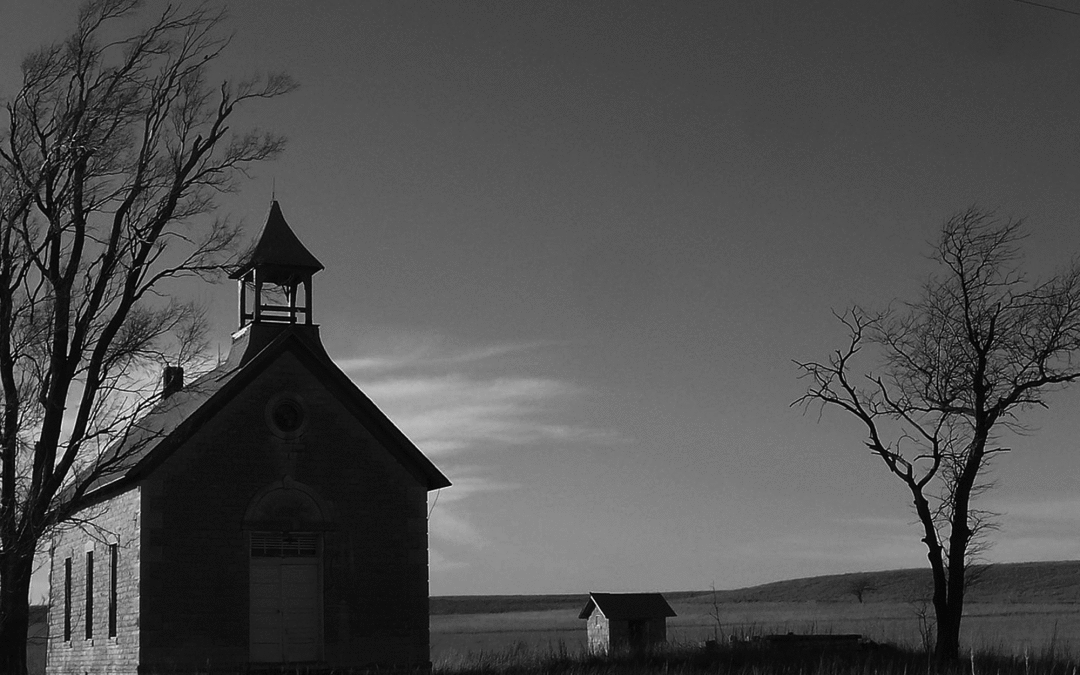If we want to have the freedom to marry whom we want to marry, why is it so important that the state (government) recognise that marriage? Is it simply the expediency of dispensing the entitlements of a marriage certificate: tax benefits, employment benefits, or the other implicit and explicit benefits of being “married” or is it the validating recognition by an authority that a marriage is real? When Denise and I were married, we had no idea that the priest had not signed the “correct” form for our marriage certificate on the correct date (thereby nullifying within a few scant hours our marriage license from the town of Concord, Massachusetts). So with Denise now eight months pregnant—and because of a rather gleeful clerk in the town hall, we needed a new license–and we needed it quickly; hence, we needed a new reason to make our marriage valid and legal in the eyes of the state of Massachusetts.
For us, it was no big deal. We went to O’Hanlan’s Irish Pub in Ayer, Massachusetts where our good friend, John O’Hanlan—and a justice of the peace—married us with all due legality on the spot. It was an awesome footnote and one more fun ceremony. The bigger question, which I never even begged to consider, is what matters most: the civil license or the seal of the church? For us it was a no-brainer: all that really mattered was that we pledged our lives together before God. The state license procured for us all of the other “dignities of marriage” that the state grants to married couples. But we wanted it and we got it. Easy enough for us….
In the end, I could give a crap what the state thinks, but…and it is a huge BUT…I wanted the tax benefits and other perks that a “ recognised” marriage acquires, even though it all represented a simple spread of ink to us on an otherwise inconsequential piece of paper. At the time we were in our eyes and in every palpable way already married. Our daughter Margaret, chomping at the gills to be born was a gift of our faith in the God who made holy and sanctified our marriage and commitment to each other. No piece of bureaucratic parchment could change that. One could argue about the validity and sanctimony and basis of our catholic faith, but to us this was not a point of contention, argument or consideration: it simply was, and still is, the soil upon which we dug and intertwined the roots of our marriage to each other. It is, without any disparagement to opposing views, irrelevant to us. All that really mattered was that Denise and I were married in the eyes and actions of the God and faith and community of our choice and belief. The state document is a dull and imperfect mirror compared to the light of that faith and the dignity of our shared celebration.
The definition of marriage is changing. This is not something I or you or we can change without devolving into absurd semantics and characterisations. God does not ask us to love; God tells us to love, but nowhere in my experience of God have I been told in any immutable way what love is. It is to me a winding river of emotional connections constantly borne towards a greater sea–a continual opening of my heart and soul to the possibilities of every today and tomorrow. Love is simply and immutably “love.” The state and the machinations of the media can and will argue through the breadth and depth of time what defines marriage—but they cannot change the basis of a true marriage, which is “simply and immutably” love, connection, trust and faith, and a resolute and indissoluble devotion to the partner of our choice. Perhaps the myopia of my vision believes that marriage can only be between two persons—but maybe that is because the mosaic of the myriad possibilities is too numbing to consider. Perhaps marriage is a union of thought and dispositions; perhaps marriage is the unwavering connection between committed souls, communities and cultures; or perhaps marriage is too obtuse and ill-defined a word to even warrant a definition—a definition that will always be perversed by ignorant, self-righteous and irrelevant minds.
My fear is that we’ve let a word divide our souls. We’ve let rancour replace magnanimity. We’ve let a celebration become a rift in society.
Replace marriage with love and let it be the action it deserves to be.


